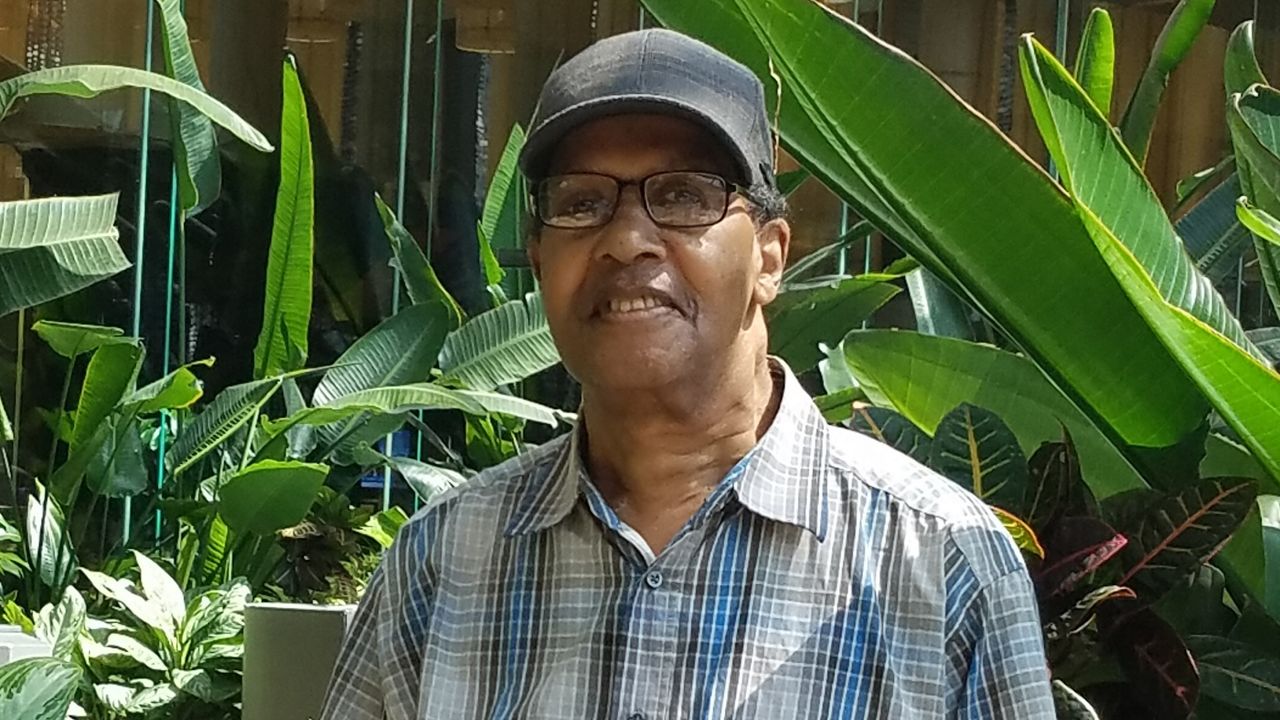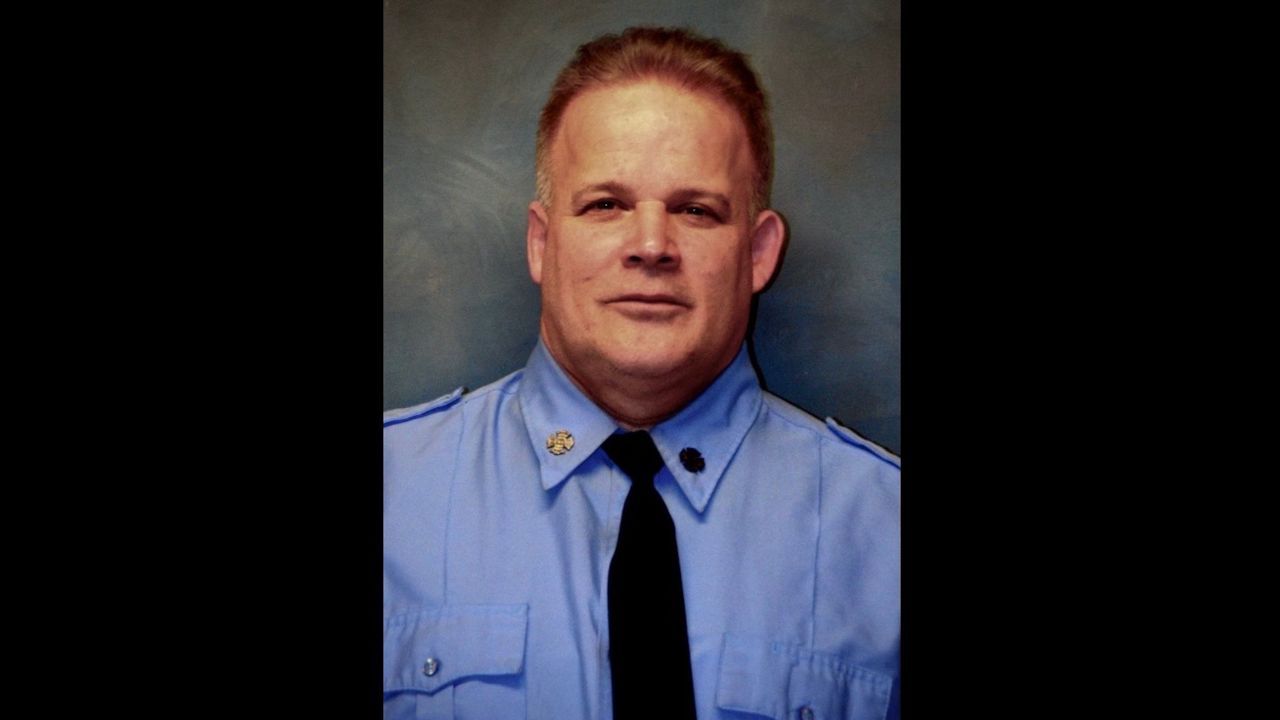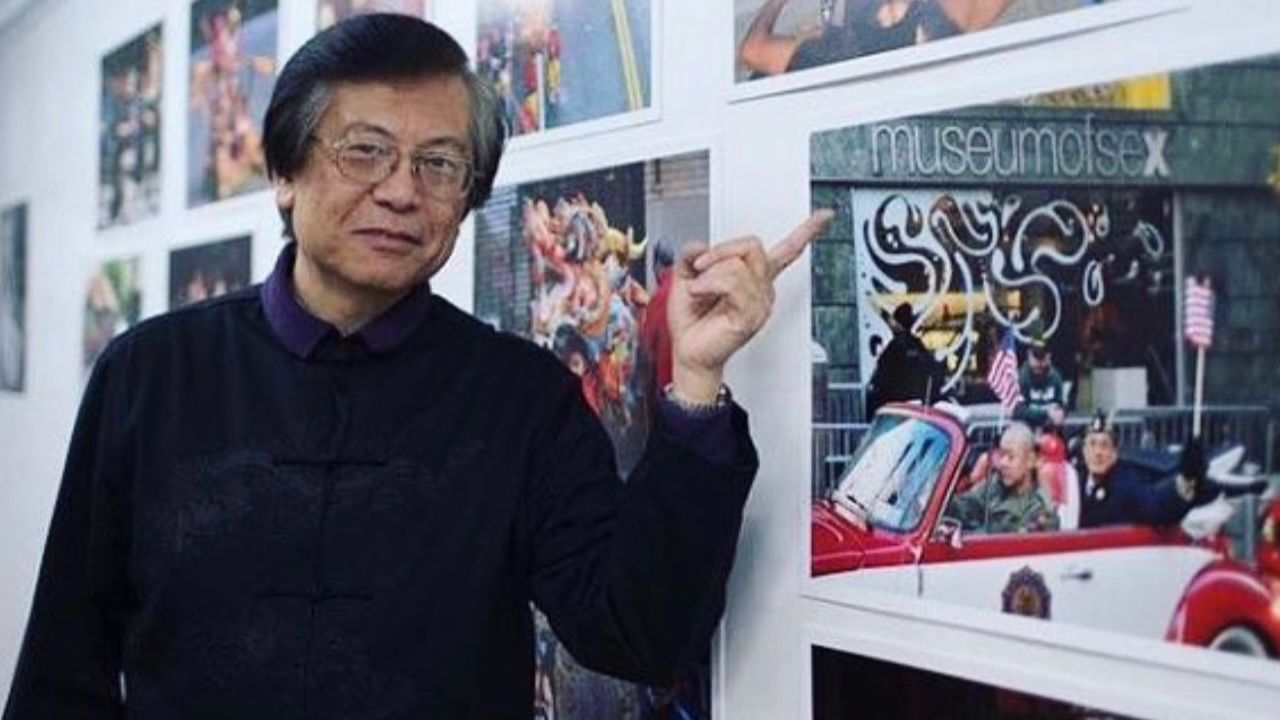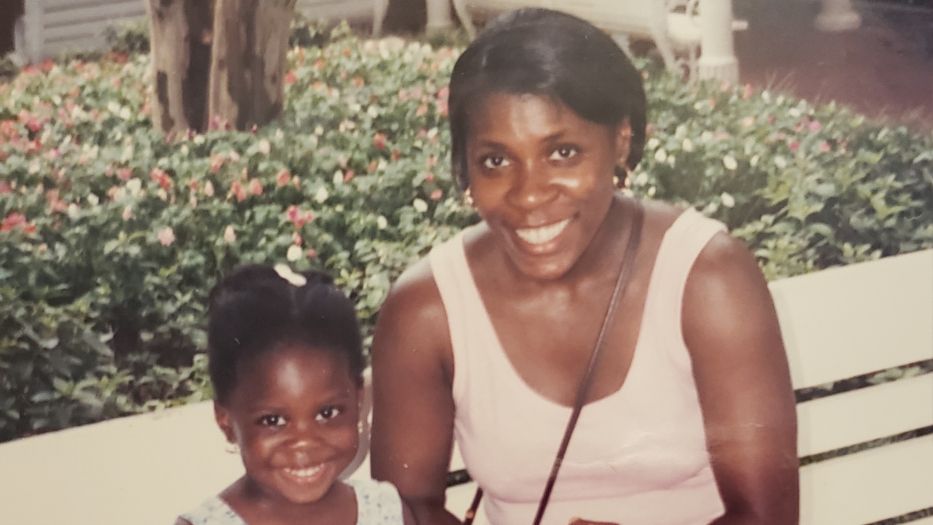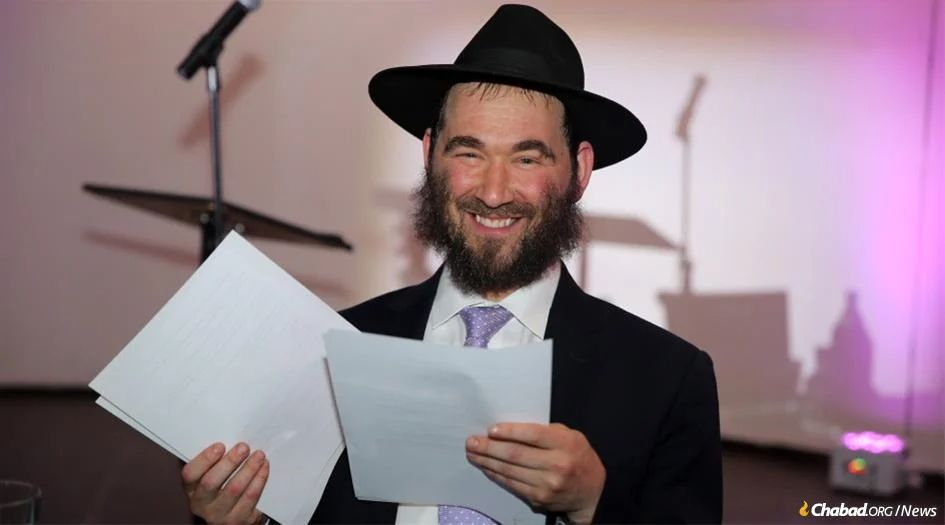He may have moved to Brooklyn, but there’s no doubt that Charles Simmons’ heart belonged to Harlem. His daughter, Fatimah, calls him one of the neighborhood’s “unsung legends.”
“He was kind of like an unheard-of legend in the Harlem community,”“He was kind of like an unheard-of legend in the Harlem community,” his daughter said. “The things he was involved with, the people he knew in Harlem, it was his go-to. He traveled through Harlem and people recognized him.”
Simmons first became ill in late March. His family thought he had a stomach virus. He hadn’t eaten in five days and his wife, Nancy Simmons, tried to convince him to see a doctor.
“EMS came," she said. “They said his blood sugar was high and he needed to go to the hospital, but he refused. He was one of those very stubborn men.”
- LIVES LOST: If you lost a loved one to the coronavieus, tell us their story
- Lives Lost: Saying Goodbye, Part Four
But a few days later, when he was so weak he actually fell down, Nancy, a public health educator, called for an ambulance again. This time, he went. She was ill at the time, as well. She didn’t know that she, too, had coronavirus.
“They were going to release him on April 8,” she said. “They said he had tested positive for COVID and he could self-quarantine at home. But at that point, I had been diagnosed with pneumonia.”
An hour later, she got a call from Brooklyn Hospital that he had fallen out of bed and was having trouble breathing. He was placed on a ventilator, which was removed four days later. But when doctors decided to re-intubate him, they found blood clots on his lungs.
His wife and daughter were allowed to visit him once in the ICU, to say goodbye.
“He was in medically induced coma,” Nancy Simmons said. “We talked with him. We prayed with him.”
At 12:45 a.m. on Monday, April 19, they got the call that he had passed.
Fatimah said it was hard to get her head around how quickly it all happened.
He was fine one day, the next day he was on a ventilator.“He was only in the hospital for two weeks,“ she said. “I was speaking to him, I saw him. He said he was feeling a little weak, which was not uncommon, considering he was diabetic. He was sent to the emergency room and the next day he was supposed to leave. He was fine one day, the next day he was on a ventilator.”
“The saddest thing I find is that they are dying alone,” Nancy Simmons said. “Imagine what they’re going through in their mind, laying in a hospital bed, a bunch of strangers around you wearing all this PPE [Personal Protective Equipment], nobody to connect to or to hold your hand. It’s a lonely death.”
The loneliness of Charles Simmons’ death was far removed from the joyousness of his life.
He was born in Jacksonville, Florida, 77 years ago, one of three brothers. His father was a pullman porter on the trains, his mom was a health care worker. They moved to Harlem when he was a child.
He grew up to be very much his own man.
“He was more of an entrepreneur,“ Nancy said. “He had a lot of odd jobs, a lot of ‘off-the-books’ jobs, but he was a true family man. He always supported his family.”
And he loved his jazz.
“He always bragged about how he played the congas in his younger days and how he met Miles Davis,” Nancy said. "He knew his jazz history and his music history.”
“Even in his worst times he would meet people,” Fatimah added. "He told me he met Bob Hope going through Central Park. He used to run errands for Ella Fitzgerald. I would say you have to write a story. This has to be a book.”
In part, it was music that brought Charles and Nancy, both Harlemites, together.
“He and I met through a mutual friend,” Nancy said. “And Charles happened to be renting a room from him. I would see him there, and we used to talk about music because I’m a musician. I play the violin.”
As with so many love stories, they started out as friends.
“We started talking more,” she said. “He wanted to take it further, I said no. But he kept pursuing me and finally I said OK.”
Eventually they would move in together and leave their beloved Harlem for Brooklyn. They had their daughter, Fatimah, now 29. It would take more than a decade for them to take that walk down the aisle.
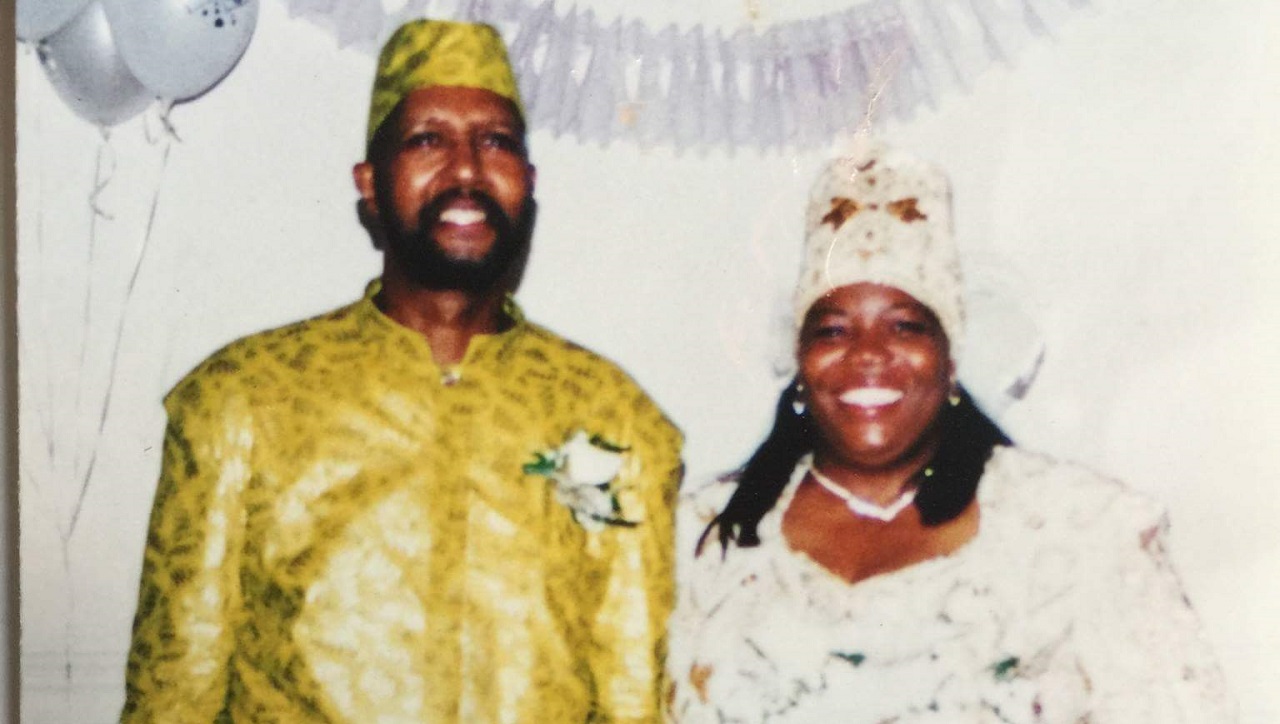
“Fatimah pushed us,” Nancy said. “She wanted to be flower girl. We thought, we’re not going anywhere, so we might as well go ahead and make this official.”
Fatimah is not ashamed to admit she was an unabashed “daddy’s girl.”
“Me and my dad were really, really close,” she said. “He saw me as a mini-him. He’d say, ‘She’s just like me’ and I’d say, 'I don’t want to be like a guy!' But part of our bond is because we were both on the athletic side. Mostly our common interest was fighting. I’ve done boxing and Jiu-Jitsu, and he was amateur boxing in Harlem.”
It wasn’t just about the skill; it was about the history he witnessed.
Related Stories
“He was fighting around the time of Muhammad Ali,” she said. “He told me about the icons, the coaches who are still around training famous boxers. He always wanted me to maintain that style and keep on getting strong.”
They binged on Bruce Lee movies and talked about the famous Harlem haunts he wanted his daughter to see.
“In October, we were gonna go to the Aikido Dojo in Harlem,” Fatimah said. “I saw a lot of pictures on Facebook from back in the day. I knew they were his old friends he would hang out with. He wanted me to go there just to see it again. That was our next goal.”
Charles Simmons had been married before, with four children. Fatimah decided to invite them to her home so that her dad could meet his two grandchildren and two great-grandchildren for the first time.
“It was so good to see them all together,” her mom said.
Charles Simmons was dedicated to his family and to his Muslim faith. Like so much of his life, that, too, comes with rich history.
“He also studied under Malcolm X, because he came up during that era,” Nancy said. “He said he had a position where he was a teacher and recruited a lot of people into the Muslim religion. He was very well versed in the Koran as well as the Holy Bible. He would debate you on anything, religion, politics. He was very knowledgeable.”
“He was associated with the Nation of Islam before Louis Farrakhan,” she said. “He was a Muslim man who stuck with his faith and followed the principles of the Koran.”
Because he was Muslim, Simmons’ family were able to hold a funeral and a graveside service with only five mourners, quickly, a step toward closure many families of COVID-19 victims have been denied.
But Nancy and Fatimah know they are far from the end of grieving the man they loved so much and will hold in their hearts forever.
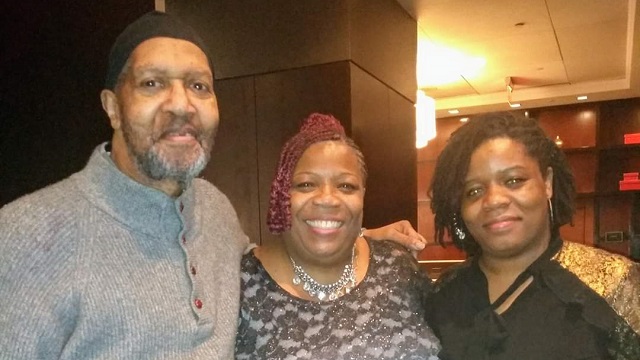
“What I will miss most is his presence,” Fatimah said. “My dad had this energy. He was a tall guy and he just had this comforting energy. He was a regular father. As he got older, he was kind of more goofy. He was a huge horror fan and he would stay up late when I was young watching Bram Stoker and Nosferatu and I would have nightmares every day. He watched every 'Lord of the Rings' movie and knew all the lines.”
“I always got on his case about his addiction to ice cream,” she added. “I used to call him a fake diabetic because he would eat so much ice cream and sweets and never get sick.”
“Many people would say my husband was stern,” Nancy said. “He was one that did not bite his tongue. But he was fair. He would give credit where credit was due. He knew how to say he was sorry if he did something wrong. He was a very caring person. He called me to check and see how I was doing throughout the day and when I’d get home dinner was cooked.
“He was a loving husband and a dedicated father,” she said. “We have been together for 32 years. This is my first time living alone, because I've lived with him since I left home. I miss my partner, my friend, my lover and my husband.”
-----
FURTHER CORONAVIRUS COVERAGE
What to Do If You Test Positive for COVID-19
How Hospitals Protect Against the Spread of Coronavirus
Coronavirus Likely Spreads Without Symptoms
Coronavirus: The Fight to Breathe
Experts Say Masks Are Still a Must
The Race for a Coronavirus Vaccine
The U.S. May Face a Second Wave of Coronavirus Infections
Cuomo Granted Broad New Powers as New York Tackles Coronavirus




